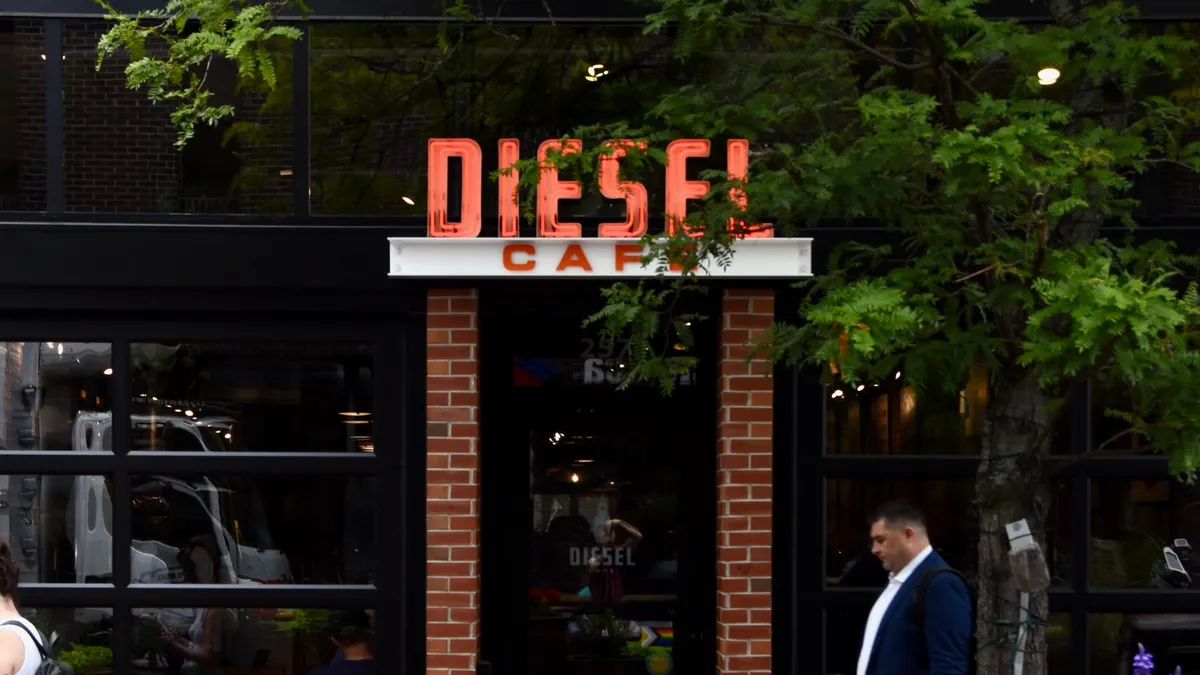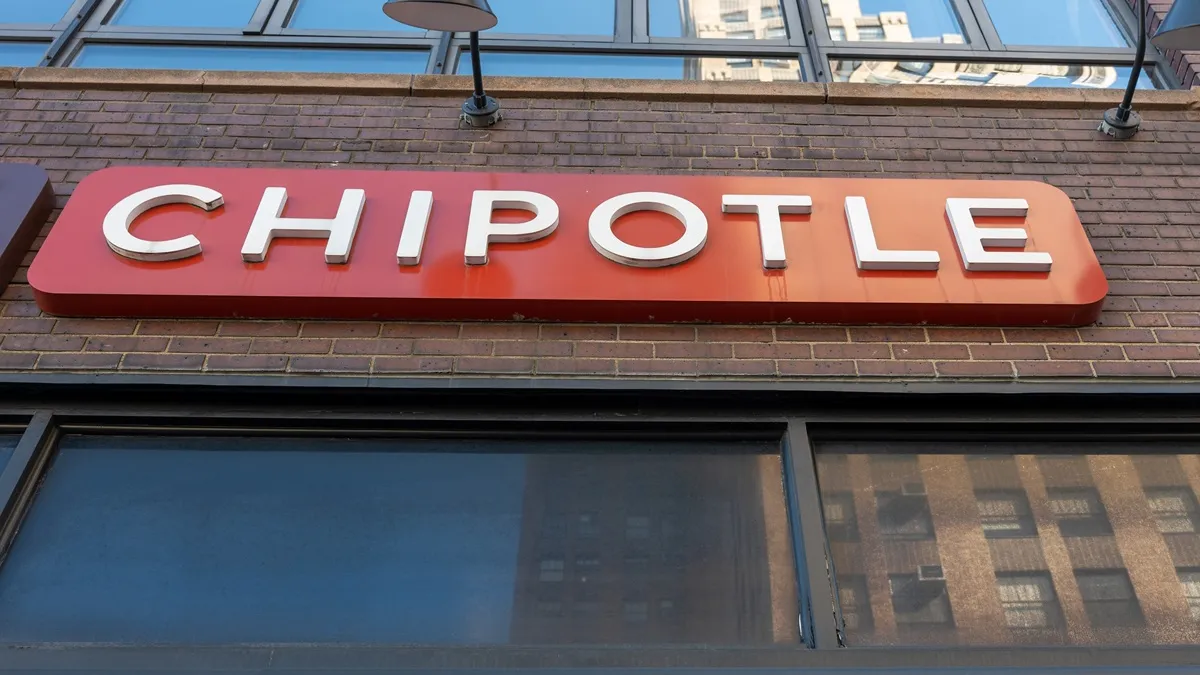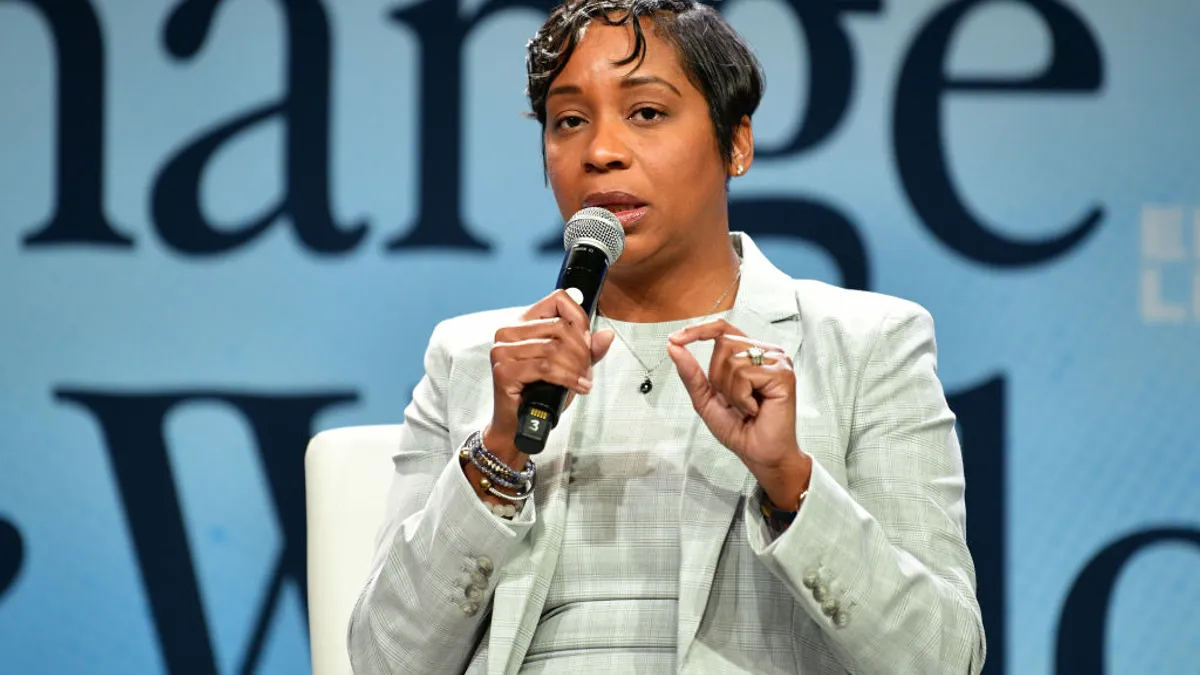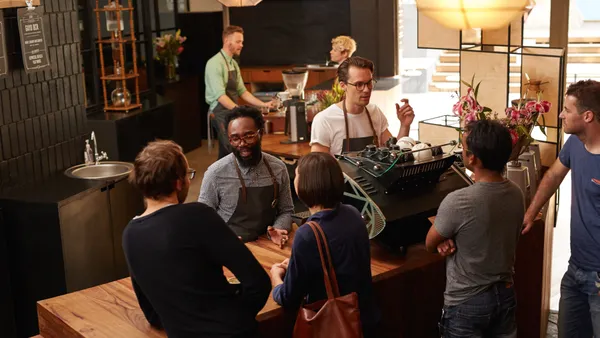Six years after Gimme Coffee workers won their union in Ithaca, New York, thousands of workers at hundreds of coffee shops across the nation have unionized. But the wins notched by Boston-area cafe unions may provide the greatest insight into the future of organized cafe labor.
In that city and its inner suburbs, the Union of Needletrades, Industrial and Textile Employees and Hotel Employees and Restaurant Employees (UNITE HERE) has organized several cafe chains.
UNITE HERE represents fewer cafes in Boston than Workers United represents in upstate New York, or than IBEW represents in the upper Midwest and Illinois. But Boston’s UNITE HERE cafes are developing a basic contract to serve as a model for other organizing drives, said Annina Kennedy-Yoon, business manager for the union’s New England Joint Board. These efforts may eventually have the power to transform the coffee industry in the city.
The standard contract model
On Aug. 5, 2022, Pavement Coffee workers represented by UNITE HERE voted to adopt a contract. Since then, UNITE HERE’s bargaining committees have used that contract as a basis for negotiation, according to Kennedy-Yoon.
“We want to raise the floor for the industry,” Kennedy-Yoon said. “People think that being a barista is not sustainable and not something that you would do as a career. And we're trying to change that piece-by-piece.”
This strategy is a sign workers in Boston are forming a coherent, geographically concentrated base for organizing. Local momentum could be a precursor to the type of industrial organizing UNITE HERE has achieved in Las Vegas, and some other major hotel markets, where the union has transformed working conditions and built significant political power.
Kennedy-Yoon, who first got involved with the union as a barista at Darwin’s, said the contracts signed by UNITE HERE may not be perfect, but represent a starting point on which subsequent negotiations can improve. Training, scheduling and paid time off have emerged as specific demands in UNITE HERE’s Boston cafe drives. Alongside those benefits, baristas in Boston are pursuing contracts that include just cause for discipline, which clearly defines the consequences for infractions at work and standardizes disciplinary procedures.
“So if you're late one time, you can't just be on your final warning,” Kennedy-Yoon said of this standard.
Just cause protections are a standard issue in union contracts, but workers at cafes including Diesel, Bloc and Forge, 1369 and Pavement are pushing for more inclusive anti-discrimination protections. These goals include provisions preventing discrimination on the basis of housing status and gender identity.
Chris Duncan, a bargaining committee member and shift runner at Diesel in Somerville, Massachusetts, and his colleagues voted to ratify a contract at Diesel and two sister businesses, Bloc and Forge, earlier this year. That contract was developed based on the contracts at other UNITE HERE-represented coffee shops, making it one of the first contracts in the industry negotiated explicitly to align working conditions across unionized shops.
“We wanted a discipline system that worked consistently in the same way for everyone,” Duncan said.
The new process, outlined in the contract, is a series of clearly defined, progressive disciplinary steps. Diesel, Bloc and Forge had disciplinary procedures before the contract, Duncan said, but the policy was mostly up to management’s discretion and workers were sometimes fired for what should’ve been their first write-ups. Such changes have helped drive other workers to organize.
Eoin Jaquith, a barista at 1369, said that UNITE HERE New England Joint Board’s organizing drives ultimately inspired workers at 1369 to organize. 1369 operates two coffee shops, one in Central Square in Cambridge, and a second location in Inman Square on the border of Somerville and Cambridge.
The union drive is a way to give guarantees to workers and standardize working conditions, Jaquith said. That standardization could include changes within workplaces, like a single pay rate for all new hires or a clearly delineated disciplinary process. It could also look like changes across multiple brands as increasing union density forces employers to compete with one another in offering safe and consistent working conditions.
“With a lot of small coffee shops, there are things that just fall through the cracks,” Jaquith said. A union enabled workers to demand consistent pay scales, sick-pay accumulation schemes, COVID-19 policies and other changes to working conditions.
Pay is also an ongoing concern for the workers organizing with UNITE HERE. The contract at Diesel, Bloc and Forge included a $0.95 per hour raise to start, with stepped raises for workers twice a year and tips, Duncan said. The cafe’s employees successfully pushed their employer to raise the suggested tips on the POS from 10%, 12% and 15% to 15%, 18% and 20%, he said.
While wages are a driving factor in many campaigns, workers also want safer workplaces, where they have more say in operations.
To Jaquith, safety issues are an important factor. At 1369, Jaquith said the stairs between 1369’s kitchen and the basement that holds the store’s goods were unsafe. The most contentious discussions between workers and management during the union drive concerned those stairs, which were often slick with condensation dripping from the store’s HVAC. After the election, Jaquith said, 1369 installed a railing, but only after a union representative visited the store to highlight employee demands.
“I worked with someone for a while who fell on the stairs, was definitely concussed and definitely did not receive medical attention for it. I have fallen off of them. I just haven't been injured,” Jaquith said.
Health and safety concerns connected with insurance could make workers at small cafes more likely to organize, as well. Because small businesses, like cafes, lack the purchasing power of larger employers, they are often unable to provide high-quality health insurance, according to the National Federation of Independent Business.
“You end up with people who just chronically never go to the doctor for the million aches and pains that they got from their job,” Jaquith said.
This situation could make organizing more attractive to workers, as unions like UNITE HERE’s New England Joint Board bargain for health insurance, dental and other benefits, according to Kennedy-Yoon.
Diesel, Bloc and Forge, Pavement and 1369 ownership all did not respond to requests for comment.
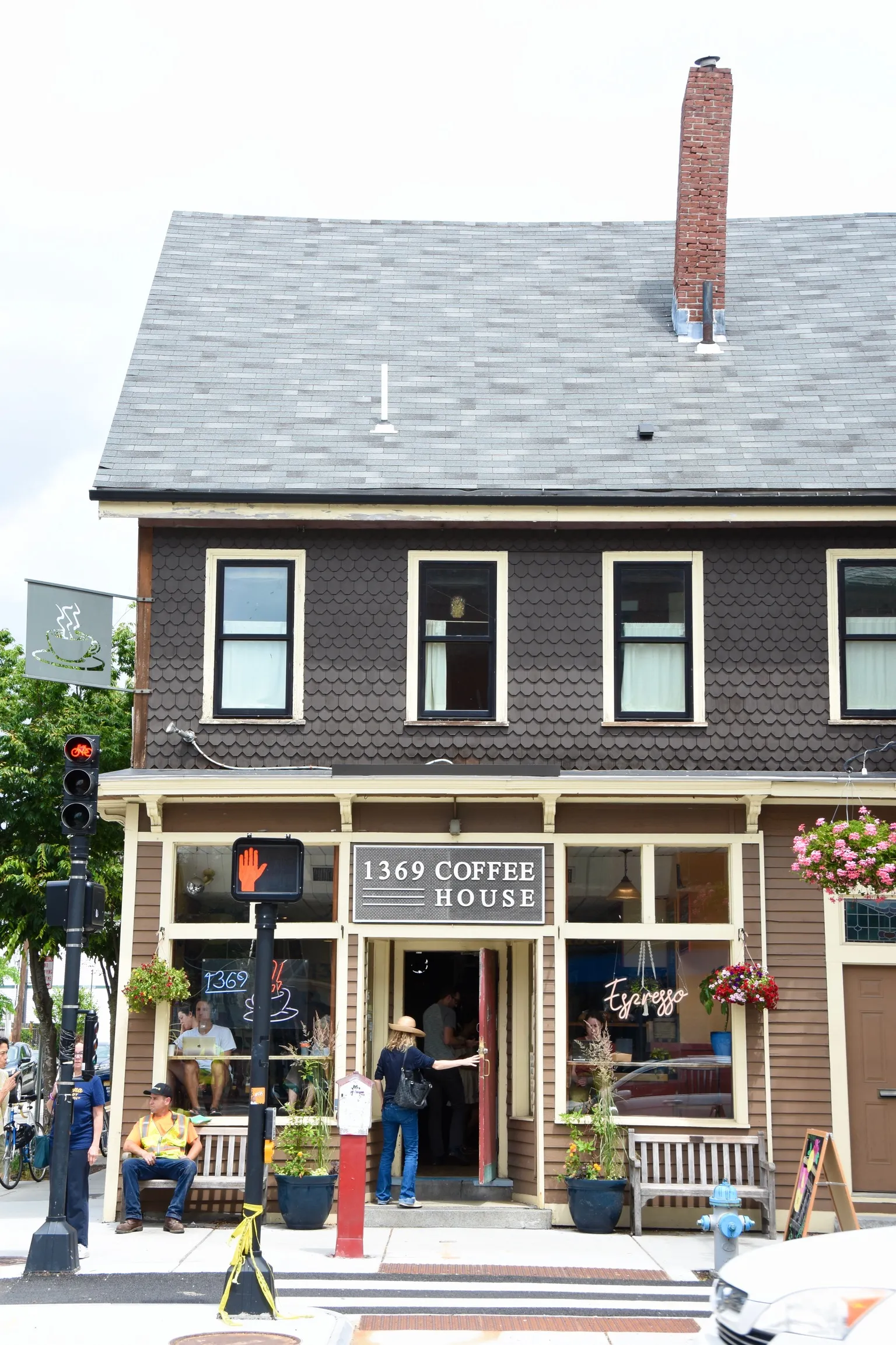
Why Boston?
Increased cost of living and rent may push workers to demand more from their employers, especially in jobs where a neighborhood connection is important.
“All the coffee shops are in really trendy, up-and-coming areas because that's how you make coffee shop money. But none of us can afford to live there. Unless we have another job,” Jaquith said. According to Rent.com, average rent in Somerville, where 1369 is located, can range from about $2,145 for a studio to $3,499 for a two-bedroom, making it difficult for individual workers to afford housing.
Other industries in the Boston area have faced union organizing drives over the last year in response to the rising cost of living, from resident physicians at Mass General Brigham to Boston University graduate students and undergraduate residential advisors at Tufts University.
Boston, along with Somerville and Cambridge — two small cities directly across the Charles River from downtown Boston — have large student populations. Massachusetts’ union density is above the national average.
The Boston area saw two major private sector strikes in the year and a half prior to the COVID-19 pandemic — one by UNITE HERE at Marriott Hotels in 2018 and one by the UFCW at Stop & Shop in the spring of 2019. The Boston area’s politics also lean to the left of some other cities. Somerville elected two socialists to its city council in 2021, and re-elected two candidates backed by socialist organizations. Michelle Wu, a progressive democrat, won Boston’s mayoral race that year.
The recent wave of cafe organizing has brought baristas in the Boston area together, and that organizers in one shop will help other workers, Kennedy-Yoon said. In some ways, she said, the high turnover within the industry can work to the advantage of organizers, as workers with experience forming unions take jobs elsewhere. Kennedy-Yoon said one of the organizing committee members on the Darwin’s campaign previously organized at Pavement.
“You might not work at one place for five or six years, but once you have the experience, once you know how to pull a shot or steam milk, a lot of times [workers] move around,” Kennedy-Yoon said. “That has really helped with organizing.”
The end goal
For worker organizers like Jaquith and union staffers like Kennedy-Yoon, the ultimate goal of organizing is to transform the cafe industry.
Kennedy-Yoon said that as cafes ratify contracts in Boston, workers will become more likely to organize at other shops and owners at other cafes will be forced to raise wages and improve benefits to compete for workers.
“It goes back to getting a foothold on certain benefits, like paid time off, better health care, and sick time,” Kennedy-Yoon said. “As many cafes that we can get with those benefits, I think, the easier it will become to say yes, this is the standard for the industry.”
Labor-management committees, a component of UNITE HERE’s basic contract and a demand of Starbucks Workers United, are another element of that change, she said. Such committees give workers a more direct say in workplace issues, though Kennedy-Yoon said they can also help streamline operations because workers are often able to identify weaknesses in processes and suggest changes.
UNITE HERE managed to achieve voluntary recognition following card check agreements at Diesel, Bloc and Forge, Pavement and Darwin’s. UNITE HERE has used card check recognition, and an industry standard contract to force up wages and benefits in Nevada. That strategy has built one of the largest and most politically influential local labor organizations in the country: UNITE HERE Local 226.
Jaquith wants small cafes to be workplaces that pay enough to function as long-term careers. According to Jaquith, former employees of 1369 from the early 2000s told him they were able to have children and support themselves while working there. But, Jaquith said, the cost of housing, healthcare and other goods make that impossible at current wages.
“You can't afford to have a child while working at a coffee shop. It’s laughable now. But this was something that people built their lives around,” Jaquith said. “And I'd like to be able to, I'd like my coworkers and the general industry to be able to [build their lives around working at cafes] if they decide to.”



